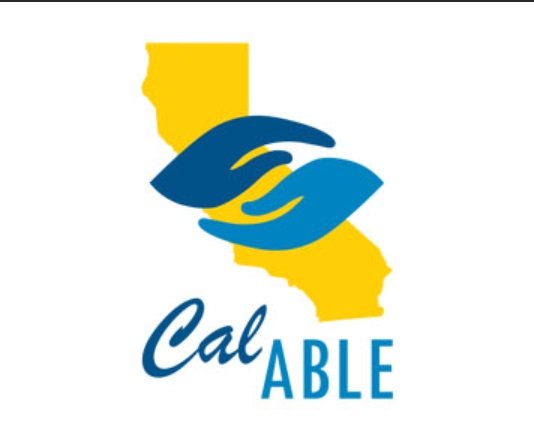
Estate Planning – Don’t Forget About Your Digital Assets
When we think of our estates passing on after we die, our houses, cars, money, and children may spring to mind. Most people don’t think about their cloud storage, social media accounts, internet domains, or online investments. Your digital assets need to be as much a part of your estate planning as your other assets. We are here to help you plan ahead so your digital presence is taken care...

PROBATE IS DANGEROUSLY PUBLIC
Like Bob Jr. from our earlier post, most people are shocked to learn that probate offers the family no privacy whatsoever. Literally, anyone can go to any court in America, walk up to the probate filing window, and say, “I’d like to see such and such file number.” The clerk will turn over a file that will include the probate petition and lots of other documents containing the names and...

CalAble Accounts: What You Need to Know
In December 2018, CalAble Savings Plans opened to the public. Individuals who became disabled below the age of twenty-six are now able to invest in a tax-free account, without losing their SSI or MediCal.
What is a CalAble account?
A CalAble account is a savings and investment account. They can be opened by a disabled or blind individual, or on behalf of the disabled or blind individual, as...

MINOR CHILDREN PRESENT A SPECIAL PROBLEM – The Question of Guardianship
We continue our discussion of probate court today on the topic of probate court and minor children. The costs of probate will go up considerably if the succession involves orphaned minor children. But in that case, of course, more than money is at stake.
When children are under eighteen, and no parent survives, the state or other “interested person” will seek a guardianship for the child’s...

In Most States, “Title Controls” – Probate Court Continued
Without a complete estate plan, even surviving spouses often have to go through long or short versions of probate to get full control of their family’s assets. In the meantime, terrible hardships can ensue.
Wait! If your spouse dies—don’t you automatically get control of his or her assets, even if no will was signed?
The answer is maybe yes, and maybe no.
In most states, “title controls.” This...

Letting Your Family Go to Probate
When your kids were little, you wouldn’t let them run in the street.
When they were teens, you wouldn’t let them stay out until dawn.
When they became adults, you wouldn’t let them send money to Nigerian princes soliciting them by e-mail.
And when you die, believe me, you should not let them go to probate court, not if there’s anything you can do to prevent it.
But unless you do the right kind...

Consider A Trust Bank
Last week we covered choosing a trustee. However if you can’t find the right individual family member or friend to take on the job of trustee, and you don’t like the idea of an independent professional fiduciary, you might want to consider a “trust bank” to administer your living trust.
Trust banks are institutions or branches of institutions that provide trust administration as a business....

Choosing A Trustee
How do most people choose a trustee? What process will they follow to pick a candidate for a job which involves the proper handling of attorneys, bank officers, gun collections, and possibly millions of dollars?
Usually, mom and dad sit around the kitchen table filling out estate documents. They come to the blank for filling in the trustee’s name. Who will they choose to execute their will and...

When a Loved One Dies: A Successor Trustee’s Checklist
When a loved one dies, it is an emotional time accompanied by confusion on what happens next. If you are named as the successor trustee, you likely haven’t had any experience dealing with the steps you need to take in settling your loved one’s Living Trust. If you are the Successor Trustee – or need to figure out who is – this simple guide provides a few steps you need to follow....

The Living Trust, Durable Power of Attorney, and the Living Will
THE LIVING TRUST
For most of my clients, at the center of their estate plan sits a document known as a “living trust.” Sometimes, attorneys will create separate living trusts for spouses, and sometimes joint trusts, depending on their circumstances and state of residence. This type of trust is called “living,” because it goes into effect and protects you even while you are alive. It...